Amir Mir in Islamabad
Will Pakistan's all-powerful military topple the Zardari government?
Or will President Zardari blink and sack Prime Minister Yousaf Raza Gilani?
Amir Mir reports from Islamabad.
Pakistan is abuzz with rumours that the country's all-powerful military may topple the fragile government in Islamabad within next 48 hours as Prime Minister Yousaf Raza Gilani first accused army chief General Ashfaq Kayani and Inter Services Intelligence chief Lieutenant General Shuja Pasha of violating the constitution and then dismissed on Wednesday the defence secretary, a retired lieutenant general -- amid speculation that the prime minister's next target may be the army and ISI chiefs.The prime minister was quoted as telling a Chinese newspaper on Tuesday that Kayani had violated the constitution by submitting statements to the supreme court about the Memogate scam that is rocking the country.
To substantiate his point, Gilani cited a recent observation made by Chief Justice Iftikhar Mohammad Chaudhry that any act of a government functionary without the government's nod is unconstitutional and illegal.
However, the dismissal of the defence secretary, a nominee of the army chief, who usually reported to Kayani instead of the federal government, has added to a sense of near open conflict between the government and the military establishment, which has ruled the country for much of its existence.
Please ...
The brouhaha over Memogate
Image: Lieutenant General Naeem Khalid Lodhi (retd)An official statement issued by the prime minister's office said Lieutenant General Naeem Khalid Lodhi (retd) had been fired because of misconduct relating to his role in submitting statements by the army and the ISI chiefs to the supreme court about the Memogate case.
The Memogate controversy revolves around a memorandum seeking the Barack Obama administration's help to avert a military takeover of the civilian government and conversely to assist in a civilian takeover of the military apparatus.
The supreme court has opened a broader inquiry into the origins, credibility and purpose of the memo.
The army and ISI chiefs and the Leader of the Opposition Nawaz Sharif say the memo is a reality and a conspiracy against the armed forces. The government, on the other hand, says the so-called memo is not worth the piece of paper it was written upon.
Lodhi was regarded as wielding more power than the defence minister.
Please ...
The army chief calls for an emergency meeting
At the same time, the army chief called an emergency meeting of the military top brass in Rawalpindi, besides appointing Brigadier Sarfraz Ali Khan as the commander of the Rawalpindi-based Brigade 111 which had been used by previous army chiefs to topple an elected civilian government and take over the reins of power in Islamabad.
However, there are those in government circles who believe that General Kayani is not in a position to topple the government because he is considered a weak army chief.
Kayani owes his current position to President Asif Ali Zardari who granted him an unprecedented second three-year term as the army chief in July 2011, something no elected government had done before.
Likewise, Kayani's right-hand man -- ISI chief Pasha -- has already got one-year extensions twice from the Zardari government after the expiry of his tenure on March 18, 2010.
Interestingly, Lieutenant General Khalid Shamim Wyne, who was to be appointed army chief had Kayani not been granted an extension, is the chairman of the Joint Chiefs of Staff and is not on good terms with Kayani.
Please ...
Army chief, ISI chief have overstepped authority
In fact, the army chief and ISI chief are subservient to the executive under Pakistan's constitution.
Unless they think themselves to be above every rule and law, the army chief and ISI chief's breach of protocol and overstepping their authority in the memo case is unjustified.
Pakistan's generals have always been unhappy with civilian leaders from Pakistan's first prime minister Liaquat Ali Khan after the ceasefire in Kashmir in 1949, leading to the Rawalpindi conspiracy case, to Muhammad Khan Junejo for signing the Geneva accord with the then Soviet Union and for ordering an inquiry into the Ojhri camp blasts in 1988 to Nawaz Sharif for sacking Jehangir Karamat and prodding General Pervez Musharraf about his military misadventure in Kargil in 1999.
Please ...
Jinnah said prime minister is the executive head
In his address to the officers of the Staff College Quetta on June 14, 1948, the founder of Pakistan, Mohammad Ali Jinnah said: 'During my talks with one or two very high-ranking officers I discovered that they did not know the implications of the oath taken by the troops of Pakistan...'
'I would like to take the opportunity of refreshing your memory...any command or orders that may come to you cannot come without the sanction of the executive head... today, the executive head is the prime minister as per the constitution of Pakistan.'
'Therefore, it is important that all the State institutions, especially the armed forces, work within their laid down parameters and remember their oath and responsibilities before resorting to yet another misadventure.'
Please ...

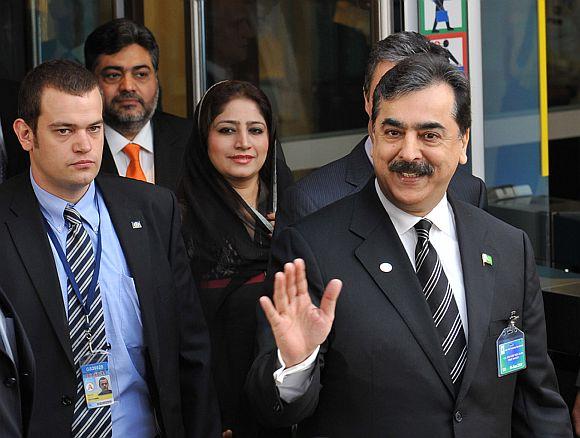
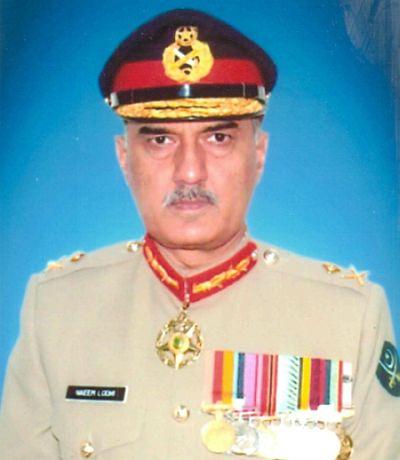
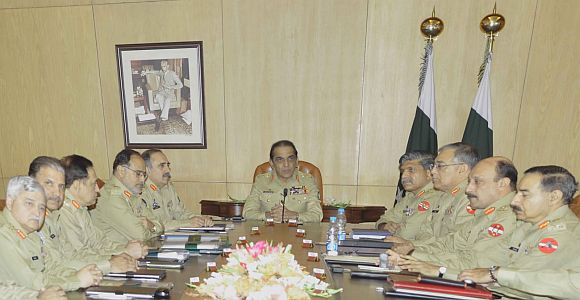
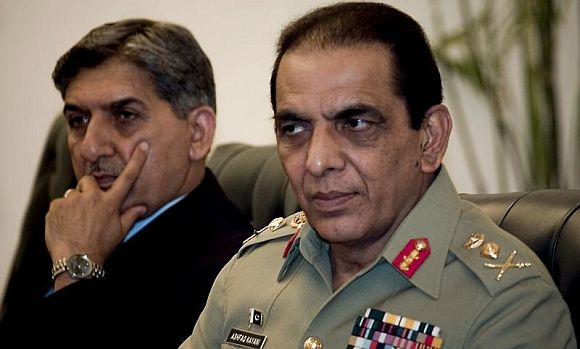
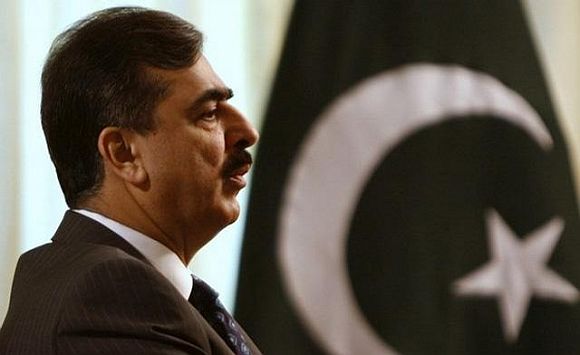
article